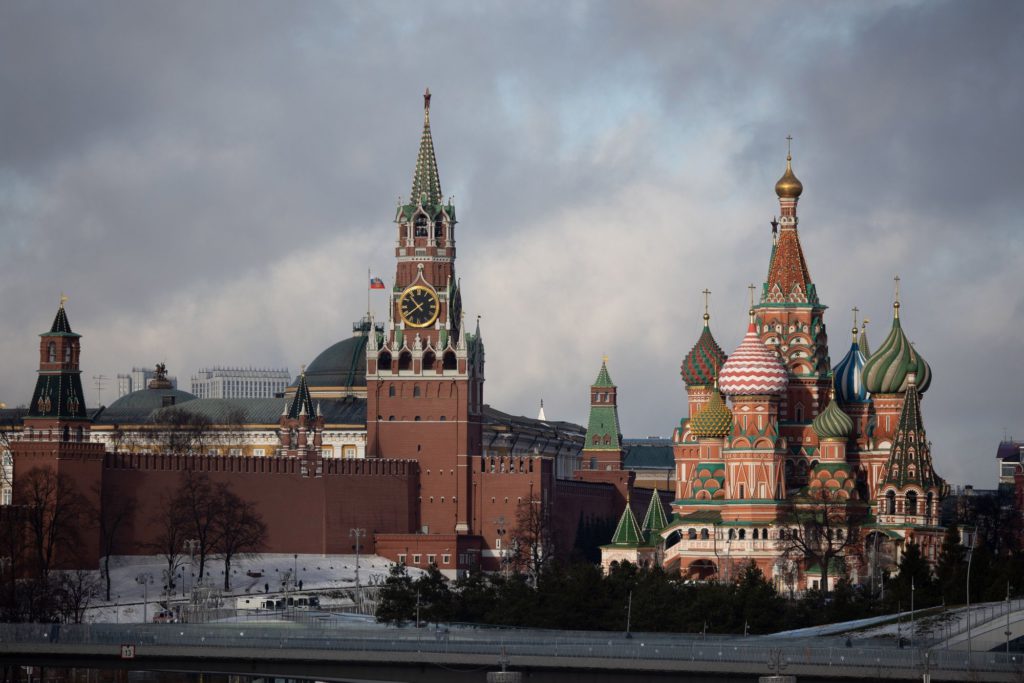(Bloomberg) —
The European Union is discussing a new round of sanctions that would target Russia’s National Wealth Fund, 14 wealthy individuals and more than 140 members of the upper house of the Russian Parliament, according to several diplomats.
The individuals under consideration include Russians in senior positions at companies operating in the internet, agriculture, air transport, telecommunications, metallurgical and chemical sectors, as well as some of their family members, according to a person familiar with the matter.
The National Wealth Fund is a sovereign wealth fund controlled by the Russian finance ministry.
The members of the Federation Council would be penalized for having voted in favor of measures backing the war in Ukraine, said the diplomats, who declined to be named discussing confidential preparations. Among other steps, the Federation Council last week approved a law that criminalizes the intentional spreading of what Russia deems to be “fake” reporting about the invasion.
The EU package being considered also includes cutting off three Belarus banks from the SWIFT international payments system, which lines up with steps taken against several Russian banks, one of the diplomats said.
The EU is trying to ratchet up pressure on Moscow as the invasion becomes more intense, but some member nations want to avoid inflicting too much pain on Europe, particularly amid an energy crunch when the continent remains highly reliant on Russian supplies.
EU officials had also discussed the possibility of banning Russian maritime and land transport, as well as their access to European ports, but Germany had expressed concern that a fuller ban would disrupt trade in items the bloc hasn’t sanctioned, according to people familiar with the matter. Instead, the bloc is likely to impose measures on several maritime materials, the people said. The EU is also divided over whether to impose an embargo on Russian oil.
The new penalties need to be approved by EU member states before they take effect and they could change before they are adopted. The steps would add to several earlier rounds of EU sanctions, all of which have been coordinated with the U.S. and the U.K.
Separately, Germany is also resisting efforts to add Sberbank to the list of Russian banks that have been cut off from the SWIFT international payments system, the people said. The bank was excluded from the initial list to shield energy-related transactions from getting hit by sanctions and other measures, but calls to strengthen the penalties have grown as Russia’s attacks on Ukraine have intensified. One of the people said that technical work on Sberbank and SWIFT was ongoing.
Read more: Sanctions Imposed on Russia by U.S., EU, U.K. and Others
More stories like this are available on bloomberg.com
©2022 Bloomberg L.P.











